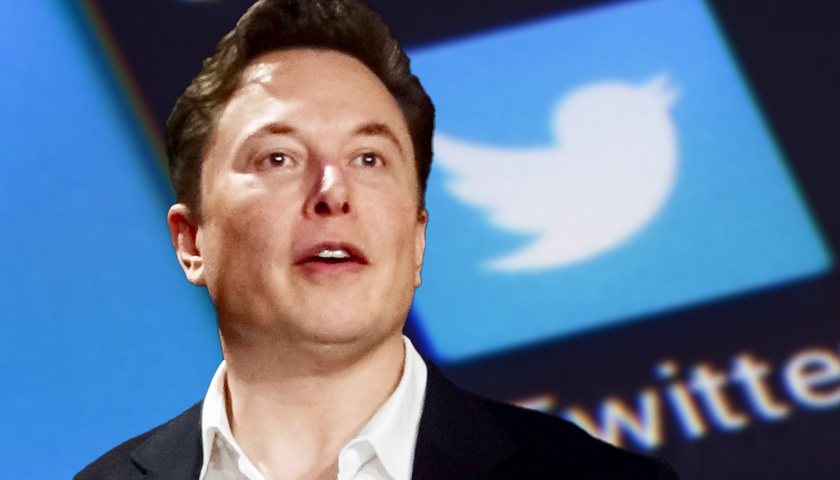The reaction among the press and tech communities to Elon Musk’s efforts to purchase Twitter has been nothing short of apocalyptic. A common theme has been that democracy itself would be under threat if unelected billionaire oligarchs controlled what was allowed online. Yet this is precisely how social media works today. The Musk controversy, like the Cambridge Analytica story before it, highlights the real issue: the fight over content moderation is less about online safety and more about who controls the digital public square.
Only a year ago, the media cheered the unilateral decisions by a handful of billionaires to effectively banish then-President Donald Trump from the digital public square. Lawmakers and media outlets alike proclaimed the societal benefits of private companies controlling the digital public square beyond the reach of government. In contrast, the possibility of a libertarian-leaning billionaire like Musk wielding that same power has been presented as nothing short of an attack on democracy itself.
Read More
